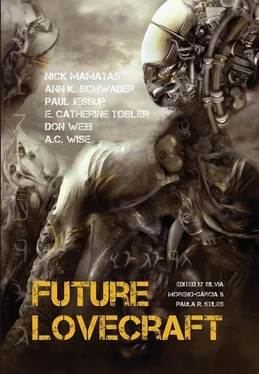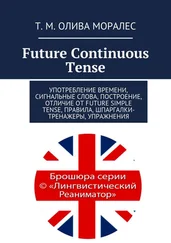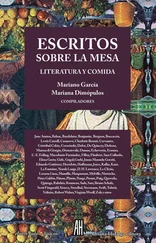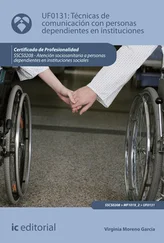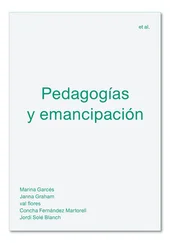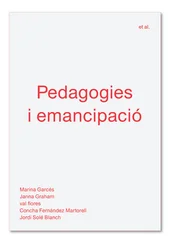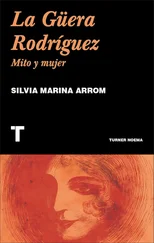We had come to something there, a decision.
Members of the Academy, colleagues, I know much of what I say is doubtful and I can already hear the murmurs of my detractors. You do not believe me and I do not blame you. It is a horrid business.
But you need not believe me; you need not ever publish these findings; you need do nothing but wait.
We decided, you see, the three of us there with our forbidden bottle. We decided.
The second Mister Nassar and his machine—that damned machine. I cannot say how it will work, only that he has promised—sworn—that it will. That the past could be unwritten if we so choose.
And we did.
I stand before you, not to accept laurels for my findings. I stand here in shame, for a terrible thing will happen soon.
This is a vigil, you see.
Soon, even as I speak, the button will be pushed and we shall face a brave new world, a tabula rasa , with the guilt of sins wiped clean. What the world will look like, I cannot say. I cannot imagine a universe without those learned men, those sages—the words of Aristotle and Plato like a light for us in the darkness. Their words, written for us, on the skins of children. It is a terrible thing we have done, and I do not know if Mankind will be the better for it.
But I saw their bones and I have flayed myself of every pretension, every mark of civilisation, of academic certainty and distance. We live in a world in which a life must be measured against more than the length of a page—mustn’t it? Mustn’t it?
That is why what follows must happen.
They are dead.
The children are dead.
And so, colleagues, I ask that we wait, together. The button has been pushed. The world is changing. It will only be a moment now.
THE OLD 44TH
By Randy Stafford
By day, Randy Staffordpractices the dark arts of tax collection for his master and counsels his minions in the same. At night, after the anguished cries have faded from his ears, he cowers in his Minnesota domicile, comforted by his wife and an extensive collection of books and DVDs. He writes many a book review for Amazon. Every few years, he writes some poetry and, besides being an American Academy of Poets award winner in his long-ago-vanished college days, he has published poetry in National Review Online and 2001: A Science Fiction Poetry Anthology , and book reviews in Leading Edge .
There is a geometry of Death.
I have seen its streets and paths
In the records of my father,
From the old 44th.
Krasten’s streets were open
And straight like their minds,
Calling for our wares
And for our human ideas.
So, they baited their minds for the Hounds,
Pack predators from forests outside spacetime.
They came and killed, as did my father,
With comrades, to add another legend to the old 44th.
And as he, the last of the 44th,
Lay dying, his kit listened,
Watched as the last of the Hounds
Loped past the terminus of the city.
Right there, where the mesa ends,
And their blue, frothy Hound blood
Shone under the moons,
Is where they’re kenneled.
The Angles, kinks of rectitude,
Hide them in the Beyond,
And in our world of circles,
There’s always more like the old 44.
IRON FOOTFALLS
By Julio Toro San Martin
Julio Toro San Martinresides and writes in Toronto, Canada.
I fled Him, down the nights and down the days…
I said to Dawn: Be sudden–to Eve: Be soon;
With thy young skiey blossoms heap me over
From this tremendous Lover!…
Halts by me that footfall;
Is my gloom, after all,
Shade of His hand, outstretched caressingly?
— “The Hound of Heaven” by Francis Thompson
Year 562 NNPE
SHE CROUCHES ALONE in a corner, waiting quietly for you, her prosthetic reader barely registering her enclosed environment. She waits and remembers when her father first told her the dream of you. You were the embryo, the idea, the fixation in his brain, throbbing constantly like a metronome. How many versions of you there were, at first, she can’t now remember, but when something finally like yourself— your terrible self —emerged from the compass of his craft, his workshop cocoon, she naively marvelled at the sight.
From somewhere, she hears the powerful disemboguements of the Ion-Plasma weapons. The tearing of metal. What a strange sound metal makes when it rips like paper. Tremors shake the walls. Loud blasts set air particles quivering. Then comes the silence. How many station drones have you destroyed now, Brother? Perhaps hundreds? She places her one biochemical hand against the cold, metallic sheen of a wall and thinks she can feel the steady, diminishing pulse of the CompuMind, retreating into itself, like a lanky, frightened tentacle into a deep hole. And then she hears your footfalls again.
Steady. Steady. Moving in her direction.
She wonders if you wonder how Father felt when you were almost complete. She wonders how he felt, too.
As a young soldier, her father could remember being taken to the peripheries of the Oort Cloud. There, in the Rim System, where human habitation barely penetrated, from the windows of an interplanetary carrier, he could see the silent spaces beyond, stretching to eternity, where, in unfathomable distances, lay the cluttered stars, eons old. Stars, that had never known human passions, sickness, evil, war. Staring into those abysses of beautiful darkness and uncountable time, he had felt peace, awe, silence, and all the ages of strife had seemed as nothing to him, then. This is what she imagines he felt then, looking at you, as they both stood on this lone asteroid hurtling quietly through open space, around a star that’s been its companion since before life ever appeared on Earth: when the first planets were formed in early times out of the primordial, galactic ooze; when the stardust first touched the nascent valleys and mountains of his homeworld, and the first sunrises were there to be recorded by no one, until mankind had come.
Do you grasp the sublimity of the image, the awe of time and eternity, the feeling of vastness, of grandeur—do you feel anything at all, she wonders, Brother?
She’s lost. The only difference she can imagine between you is that her darkness is the blackness of this station, where the lights have all gone out, while your darkness is the blackness of the soul, where no light shines and perhaps never shone.
She says, This darkness, this nutshell, this being locked up, inside and out, this claustrophobia is becoming maddening.
She reaches out with her mechanised hand and cybersynapses instantaneously make her realise she’s touching blood. Dry blood—her own.
Your footfalls are getting closer.
From the corridors and the nearby airlock, she hears snippets of her absent father’s recorded mad talk, disjointed and emanating from the comm centres scattered throughout the station. They say:
✻ ✻ ✻
His name was Talus, made of iron mold,
Immovable, resistless, without end;
Who in his hand an iron flail did hold,
With which he threshed out Falsehood, and did Truth unfold.*
✻ ✻ ✻
War. Drudgery. Pain. Death. Hopelessness. Destruction. War. Mankind. I will soon put right a mistake that never should have happened.
✻ ✻ ✻
Oh, how I long for you to live, Talus!
✻ ✻ ✻
His footfalls are coming faster, now, girl. Unstoppable. The booming echoes—gigantic. Like a mad-brained, moonstruck hound, he’s homing in on you.
Читать дальше
